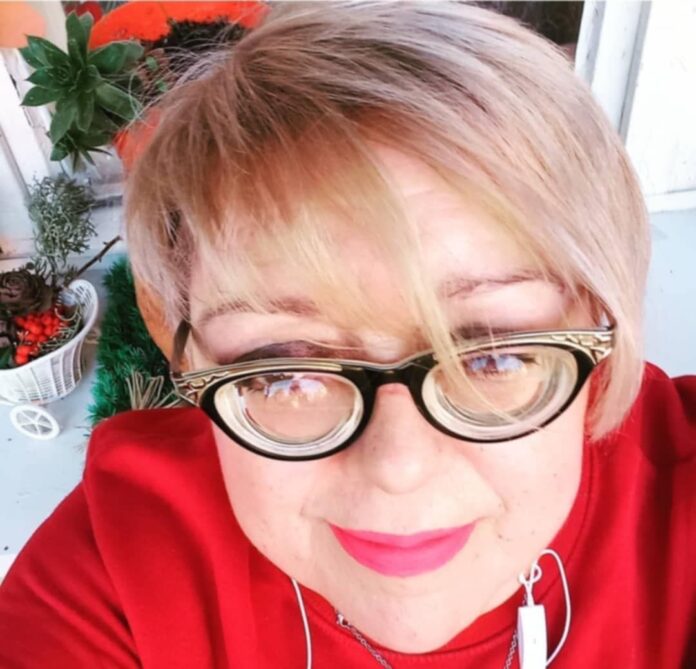Column | Loaded book – NRC
:format(jpeg):fill(f8f8f8,true)/s3/static.nrc.nl/wp-content/uploads/2019/07/fritshome.png)
In an extensive interview, Christien Brinkgreve recently looked into de Volkskrant Back on her much -discussed book Loaded house About her marriage to Arend Jan Heerma van Voss. Thirty thousand copies were sold, she had counted on no more than three thousand, she told interviewer Sara Berkeljon.
The success did not surprise me because I particularly noticed with readers that she had touched a nerve with her description of a marriage in which the woman is subordinate to the man. And that in an environment known as progressive in which Media (the VPRO) and University played a leading role.
At the same time it became clear that the book would evoke the necessary resistance. After I had written a rave column about it in February, I immediately received critical comments and questions from readers. A woman who shocked her husband so much after his death – was that possible? Was that neatly opposed to someone who could no longer defend himself? Could she justify her children?
These readers had conceived the book as a settlement. I hadn’t read it that way, I saw it more as an expression of introspection: why didn’t she intervene when she noticed that her marriage became out of balance? To understand that, she could not avoid a description of her mixed feelings for her husband: love that was affected by the bitterness of a man who felt eliminated. « It’s about all kinds of inability that have very little to do with class, » says Brinkgreve in de Volkskrant. « I think it is a sad book myself. I think it’s tragic rather than hopeful. »
Why did the publicity of a book have to be sought, some readers asked. Apparently some of the children blame her too. « Two don’t like it, » she says in the interview, « but understand how important it is for me and can live with it. With the other two it is more difficult. »
Also in a writer’s family – Brinkgreve in her second marriage to her husband and their two -writing sons – can be a sensitive issue. I remember the discomfort that arose in the family of the American writer John Cheever (1912-1982) about the autobiographical impact of his work. Daughter Susan, just like her brother Ben Schrijver, wrote about it in her memoir Treetops. With her two brothers, she finds that their father always based his female main characters in his books on their mother’s behavior in his difficult marriage.
« There is absolutely no excuse for what he did with MA, » says brother Fred, lawyer. « He did it on purpose. Revenge was one of his traits he showed in his work. » He does not understand why his mother stayed with his father – see the parallel with Loaded house. « But his stories are great, does that make no difference? « , Susan throws against. » Art is not a license, « Fred responds. Brother Ben agrees with him.
I remember that I advised an angry reader: “Read Loaded house Especially as a literary achievement. ” Apparently I am more on the side of Susan than that of her brothers, also because at Brinkgreve I do not taste revenge as a frustrated love at Brinkgreve.

:format(webp)/s3/static.nrc.nl/wp-content/uploads/2025/06/11102856/data133476860-8340d6.jpg)
/s3/static.nrc.nl/wp-content/uploads/2025/06/17083830/web-1706BINbijCBS.jpg)
/s3/static.nrc.nl/images/gn4/data133759308-0bd2d7.jpg)



